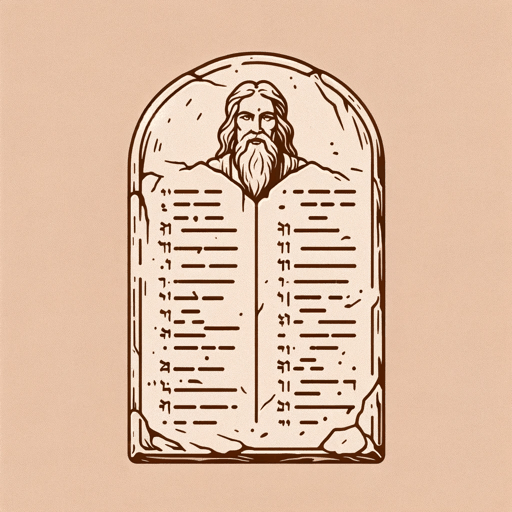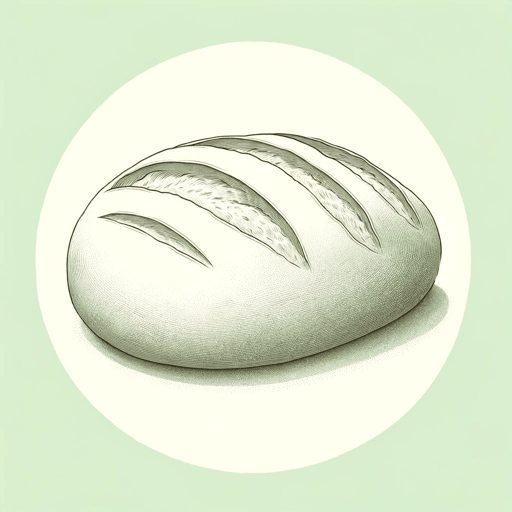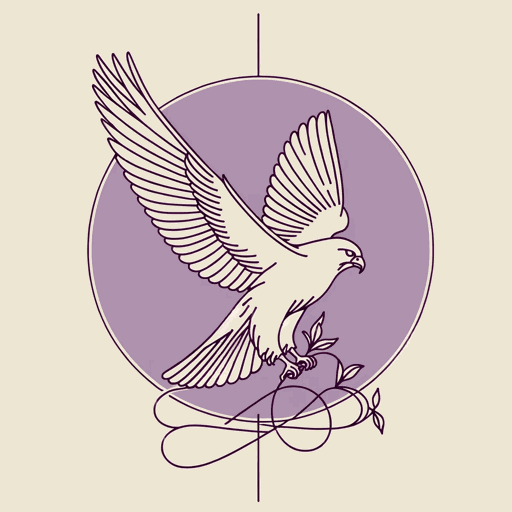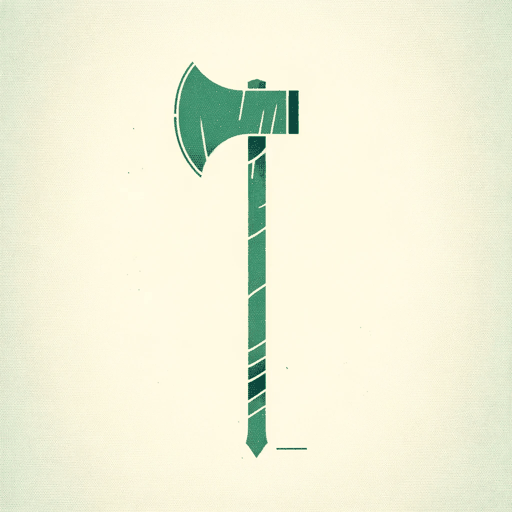18 pages • 36 minutes read
AnonymousDo Not Stand at My Grave and Weep
Fiction | Poem | Adult | Published in 1930A modern alternative to SparkNotes and CliffsNotes, SuperSummary offers high-quality Study Guides with detailed chapter summaries and analysis of major themes, characters, and more.
Themes
Nature and Resurrection
Bereavement poems often look for consolation in natural phenomena. The natural life cycle shows how, even after death, the force of life renews itself in other forms. The speaker in “Do Not Stand at My Grave at Weep” asserts their presence in nature and in natural images. Instead of remaining buried with their body, the speaker rejoins the mourning loved one by becoming part of the natural surroundings: wind, snow, grain, and rain (Lines 5-8).
American poets, especially those writing in a Protestant or Calvinist tradition, often use the renewing cycles of nature as a metaphor for Christ’s resurrection, or for the resurrection of individual elect souls. Colloquially attributed in popular culture to Emily Dickinson, “Do Not Stand at My Grave and Weep” shares Dickinson’s use of natural imagery as a sign of God’s promise of resurrection and grace.
“Do Not Stand at My Grave and Weep” reflects a divine order manifest in nature, mirroring the seasons’ natural progression in Lines 5 through 8 and the cycle of night to day in Line 12. In recasting themself as various elements within the natural world, the speaker of the poem confirms death itself as a part of God’s plan, a step toward redemption.
Related Titles
By Anonymous

Arabian Nights
Anonymous

Arden of Faversham
Anonymous

A Woman in Berlin
Anonymous

Bible: New Testament: English Standard Version
Anonymous

Bible: Old Testament: English Standard Version
Anonymous

Deuteronomy
Anonymous

Diary of an Oxygen Thief
Anonymous

Everyman
Anonymous

Hebrew Bible
Anonymous

Holy Bible
Anonymous

Homeric Hymns
Anonymous

Judith
Anonymous

Laxdaela Saga
Anonymous

Lazarillo De Tormes
Anonymous

Mahabharata
Anonymous

Nibelungenlied
Anonymous

Njals Saga
Anonymous

One Thousand and One Nights
Anonymous

Popol Vuh
Anonymous

Sir Gawain and the Green Knight
Anonymous

